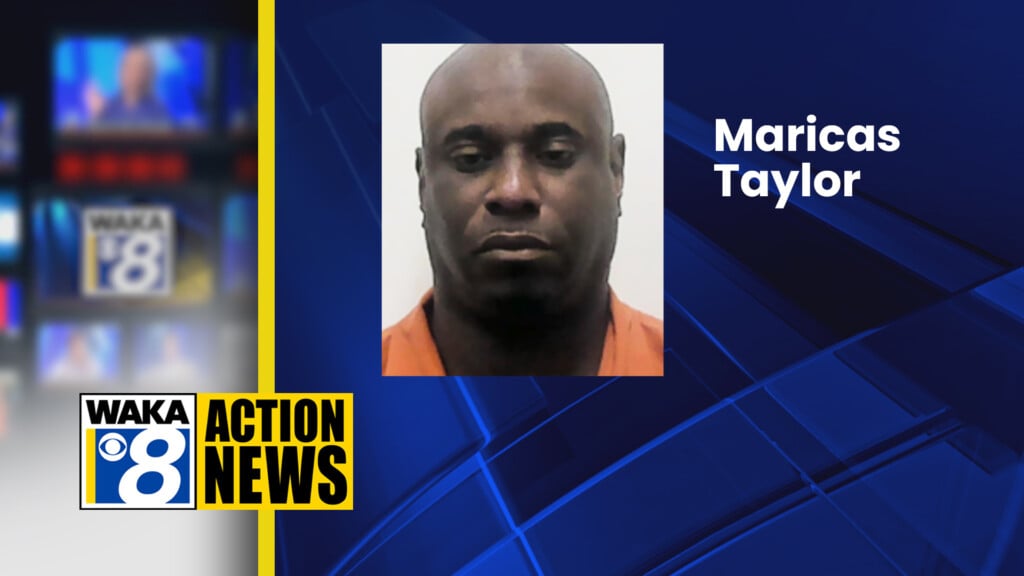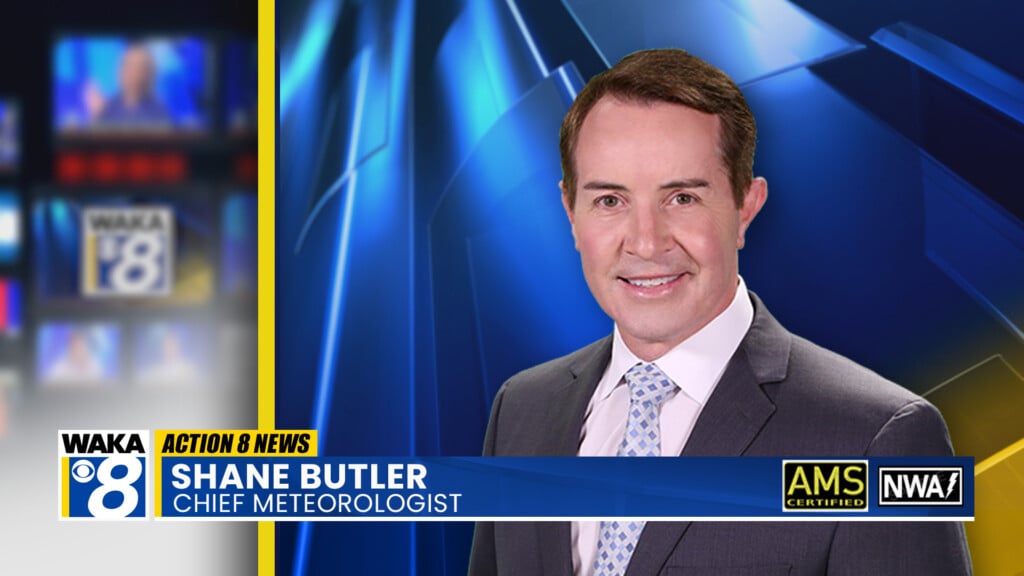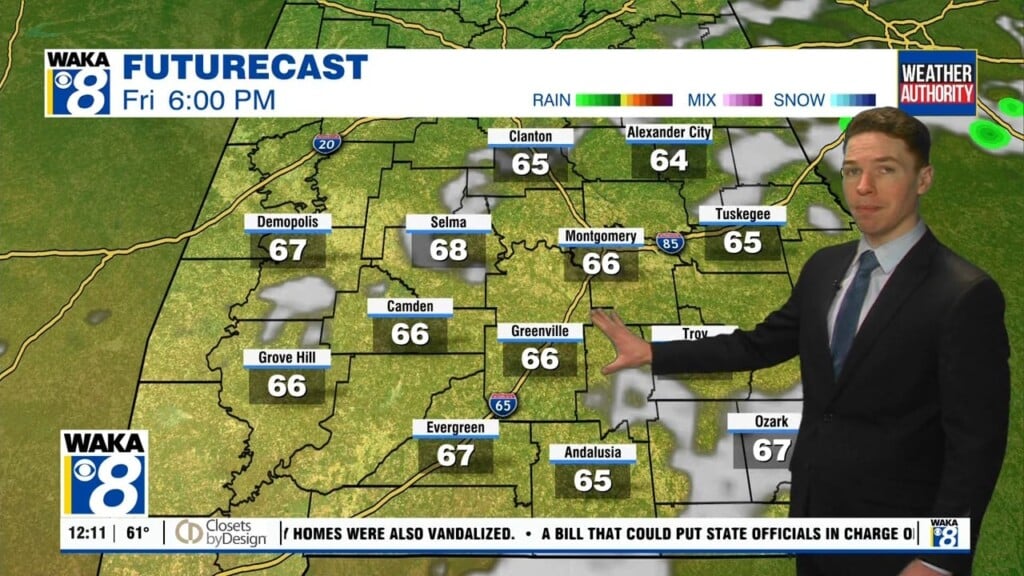Naloxone: Should Law Enforcement Agents Stop Heroin Overdoses with it?

If you or a loved one was over-dosing on heroin, would you want law enforcement to be able to administer a drug that could save their life? That’s the debate brewing across the country right now. The drug naloxone reverses the effects of opioid overdoses but not all first responders want to carry it.
In Montgomery County, heroin use is on the rise. In fact, deputies say the deadly drug is regaining popularity. They say as the price of other drugs go up, more people are switching to heroin, which is a cheaper drug. Just one reason some say measures should be taken to keep users alive.
It’s been around since the 1960s. Naloxone is typically used by doctors to reverse the deadly effects of narcotics, including heroin. Now first responders across the country may be able to administer the drug and some residents say they like the idea.
“If it can save a life, then you should be able to use it,” says Jamariah Boswell. “Even though they did wrong, you should be able to.”
“As much as anything they can do possible, I would want them to save my friend,” says Ashley Ray.
The drug has gained support from many elected officials, including former Attorney General Eric Holder, who was a strong supporter of nalaxone and worked to make the drug more accessible through police and sheriff’s departments. But not all law enforcement agents want to carry it. Montgomery County Sheriff Elect Derrick Cunningham says allowing deputies to administer the drug is a liability.
“It takes emergency personnel,” he says. “We’re here to enforce laws. We don’t go to school to be paramedics, EMTs, check blood pressure or things of this nature. So how do you know? How would you know? If you inject somebody and they’re not on heroin, what are the side effects, what are the consequences?”
Some agree with Cunningham. Montgomery resident Ann Maines says she understands both sides of the argument.
“If you were asking a policeman to make an immediate diagnosis, that might put everybody in liability,” she says.
Many counties in Georgia are now allowing police and sheriff’s deputies to carry and administer this drug. Georgia has extended legal protection to those agents who administer naloxone.






